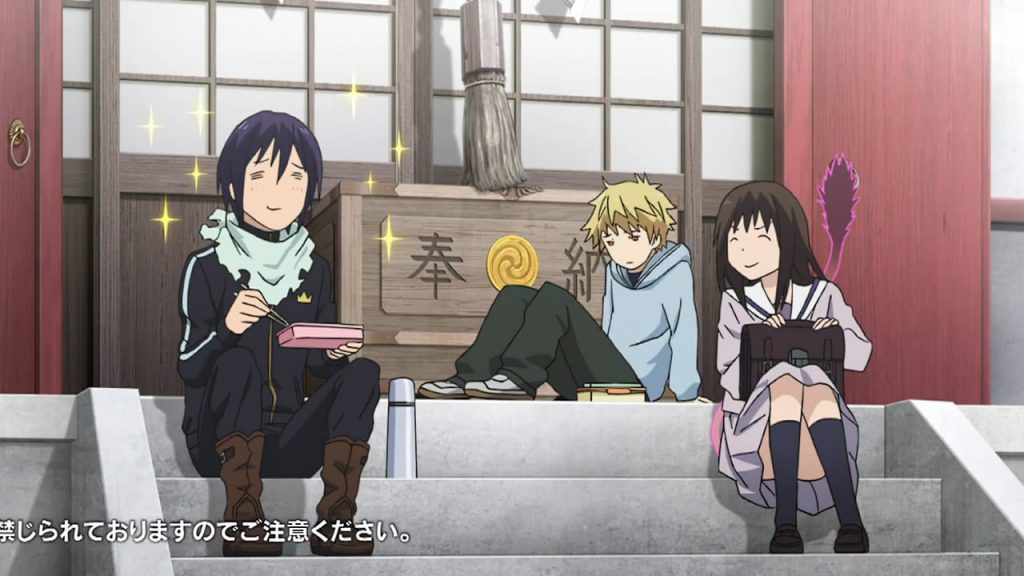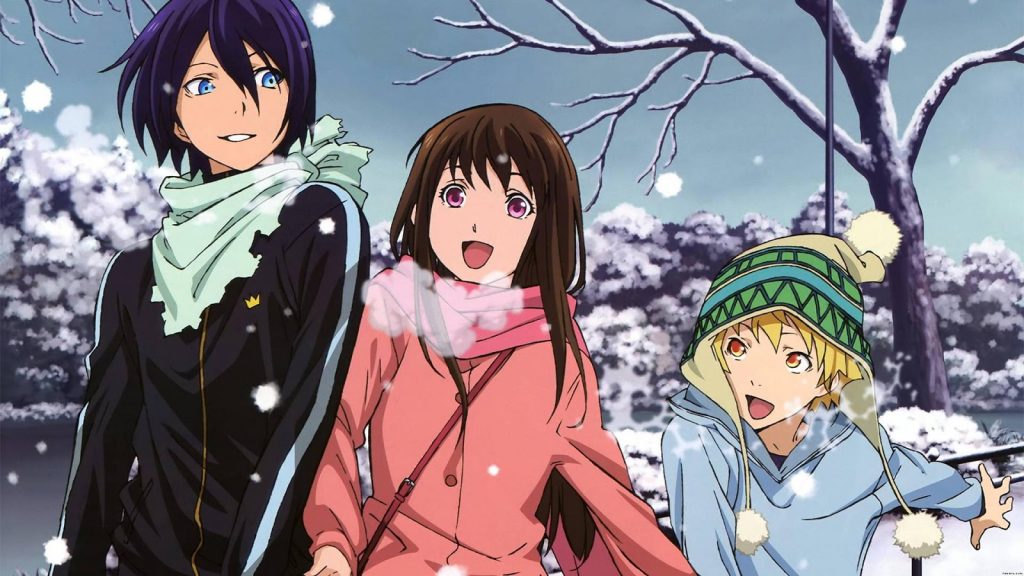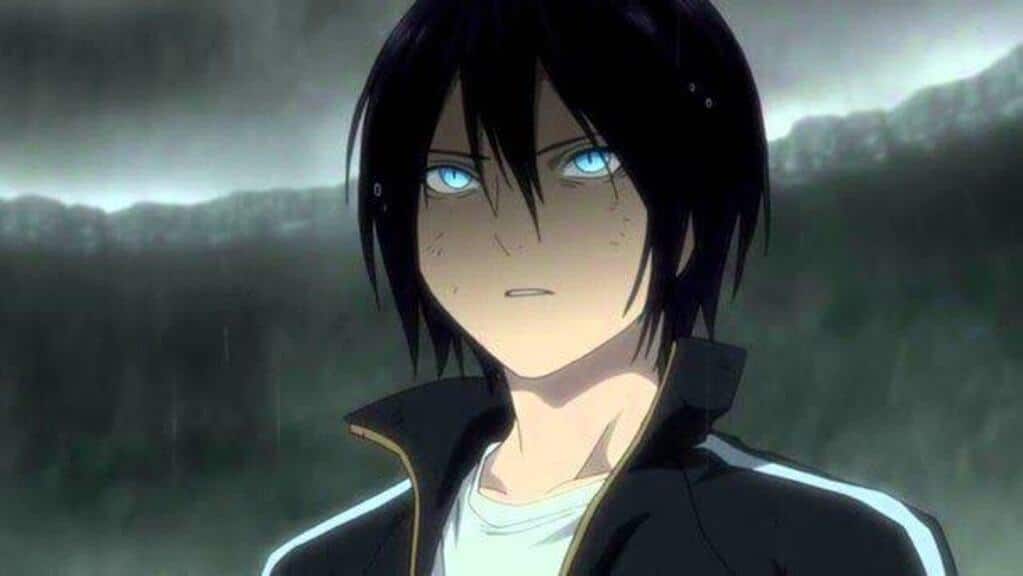Finding an anime that blends great action scenes, charismatic characters, balanced humor, and a touch of romance isn't easy. Noragami managed to deliver all of this and more.
Adachitoka 's manga , which has over 24 published volumes. Produced by the studio Bones , it ran for two seasons, totaling 25 episodes and four OVAs. The series gained loyal fans internationally, but in Japan the result was quite different.

Success outside Japan

While Noragami gained prominence abroad and became a benchmark in the genre, in Japan, the reception was lukewarm. The problem wasn't the story or the animation, but the factor that defined the future of many anime of the time: Blu-ray and DVD sales.
In the 2010s, before the dominance of streaming, the Japanese market used these sales as the primary metric of success. The more fans who bought physical copies, the greater the chance of a new season.
The reason for internal failure

Despite its worldwide popularity, Noragami sold poorly in Japan. The first two seasons didn't reach enough sales to justify investing in a sequel. For the studios, this was a clear sign that Japanese audiences weren't willing to financially support the project.
Even with plenty of material in the manga to adapt, the low financial return made a third season unfeasible.
Is there any hope?
Today, with streaming changing the way anime is financed, there's little chance of a reevaluation. Platforms like Crunchyroll and Netflix have already helped bring back older works, but in the case of Noragami, seven years after the series ended, there's no indication that Studio Bones has any plans to revive it.
Still, the fan community keeps hope alive. After all, as the saying goes, "hope is the last thing to die."
